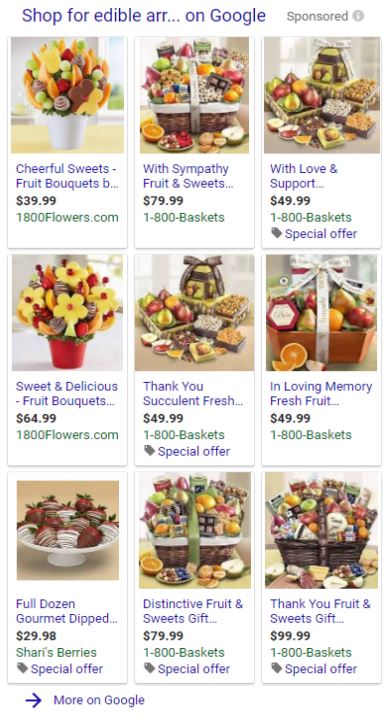Brief Roundup of Three Keyword Advertising Lawsuit Developments
1) Xymogen, Inc. v. Digitalev, LLC, 2018 WL 659723 (M.D. Fla. Feb. 1, 2018). This appears to be a typical competitive keyword advertising case, with the twist that the plaintiff also alleges counterfeiting. The defendant moved to dismiss.
First, the court finds jurisdiction based on the Calder effects test because “the Defendant [allegedly] willfully purchased the “Xymogen” AdWords advertising in order to trade on the Plaintiff’s reputation.” (Compare Rocke v. Pebble Beach). The court also finds that the plaintiff alleged sufficient consumer confusion to survive a motion to dismiss:
The Plaintiff states that the AdWords links “do not always clearly identify themselves as advertisements, and Google’s layout of the ads does not conspicuously identify them as such.” Additionally, according to the Amended Complaint, “Xymogen” is an often-search term on the internet. The Plaintiff alleges that it is the Defendant’s intent to confuse and mislead the consumers who search for “Xymogen.” Both the Plaintiff and the Defendant used the same AdWords advertising program for the keyword “Xymogen.” Both the Plaintiff and the Defendant sell nutritional supplements over the internet. The Plaintiff’s allegations are more than enough to raise its right to relief above the speculative level, and the Plaintiff has plausibly pled a likelihood of consumer confusion.
2) Engineered Tax Services, Inc. v. Scarpello Consulting, Inc., 2018 WL 741371 (S.D. Fla. Feb. 6, 2018). This appears to be a standard competitive keyword advertising case. The plaintiff made the following discovery request:
Request No. 3: “All documents sufficient to identify all Defendant’s customers since 2014 for all services provided by Defendant.”
Naturally, the defendant objected, citing competitive concerns among others. In support of its request, the plaintiff claims it needs the list to survey those customers about their actual confusion, and “that the customer list is necessary in order to refute Defendant’s claim that the trademark has not misdirected or confused any consumer or potential customer.”
The court sides with the defendant. Most of the defendant’s customers come from referrals, not the keyword ads, so the plaintiff’s request asks for customer information that has no bearing on the case; plus the defendant had already turned over customer information about those customers who had responded to the keyword ad. Nice try, though!
3) Edible Arrangements sued Google for product listings ads where the ad matrix is a mix of ads from Edible Arrangements and third parties. See this implementation:
What do you think? The complaint indicates that the matrix is preceded by the words “Shop for Edible Arrangements,” but as you can see, it’s actually preceded by “Shop for edible arr..” Does that matter? The complaint also indicates that the “Sponsored” disclosure isn’t prominent. Do you agree? To me, this case is more like Multi-Time Machine v. Amazon than the more traditional keyword ad cases against Google (like American Airlines or Rescuecom). Note how Google’s display prominently features the name of the third party vendors, which ought to reduce consumer confusion.

